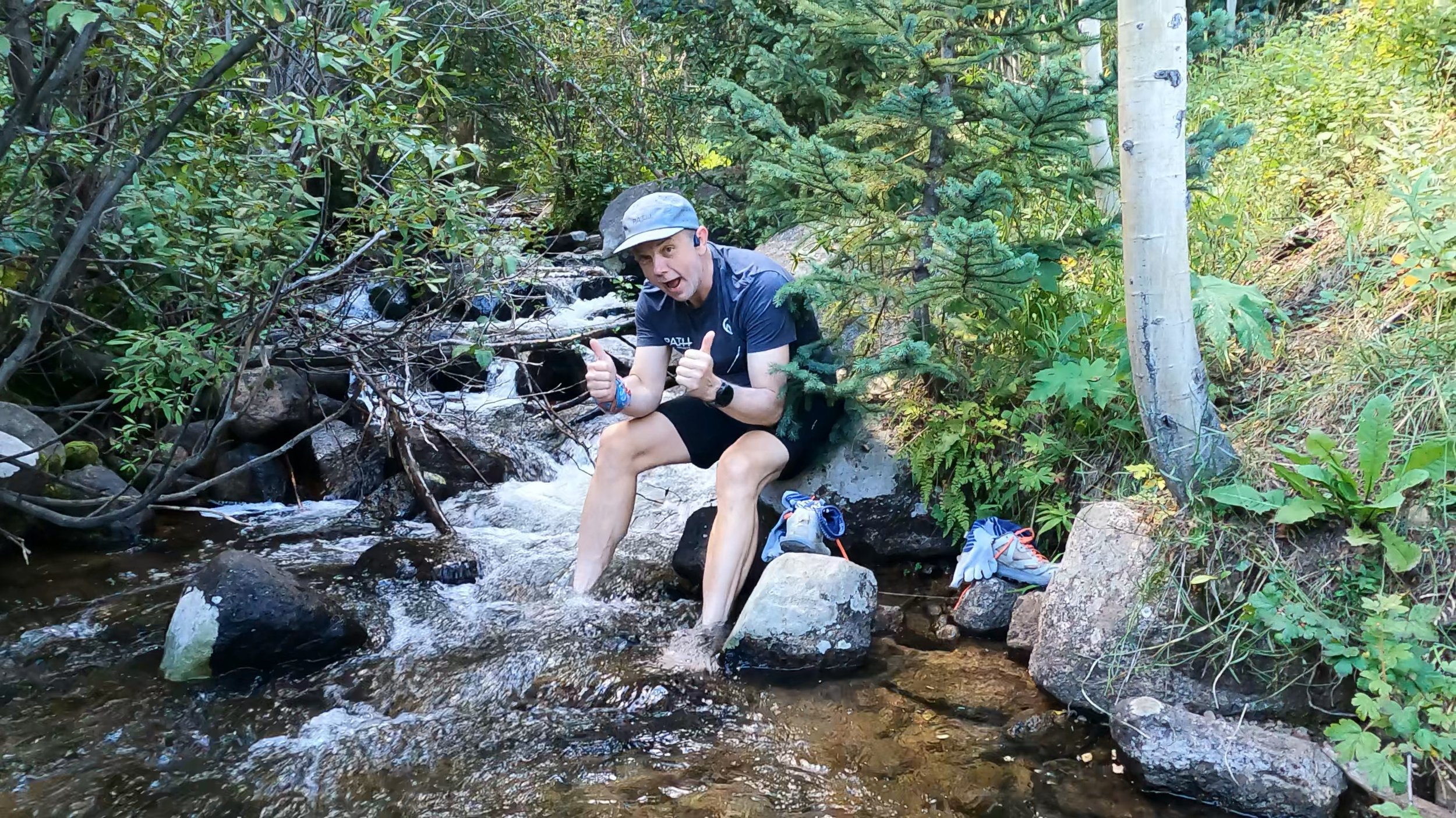
Hello, I’m Todd.
Trainer. Tinkerer. Trail Runner.
I thrive on lifelong learning, individual influence, and extraordinary experiences. I help driven people run farther, think sharper, and make meaningful things happen. A desire to seek out awe, curiosity, and delight fuel my adventures.
The Butter Cutter is my weekly cut toward infinite improvement.
Newest project:
I’m on a quest to understand and prevent RUNNER’S LEAN.
